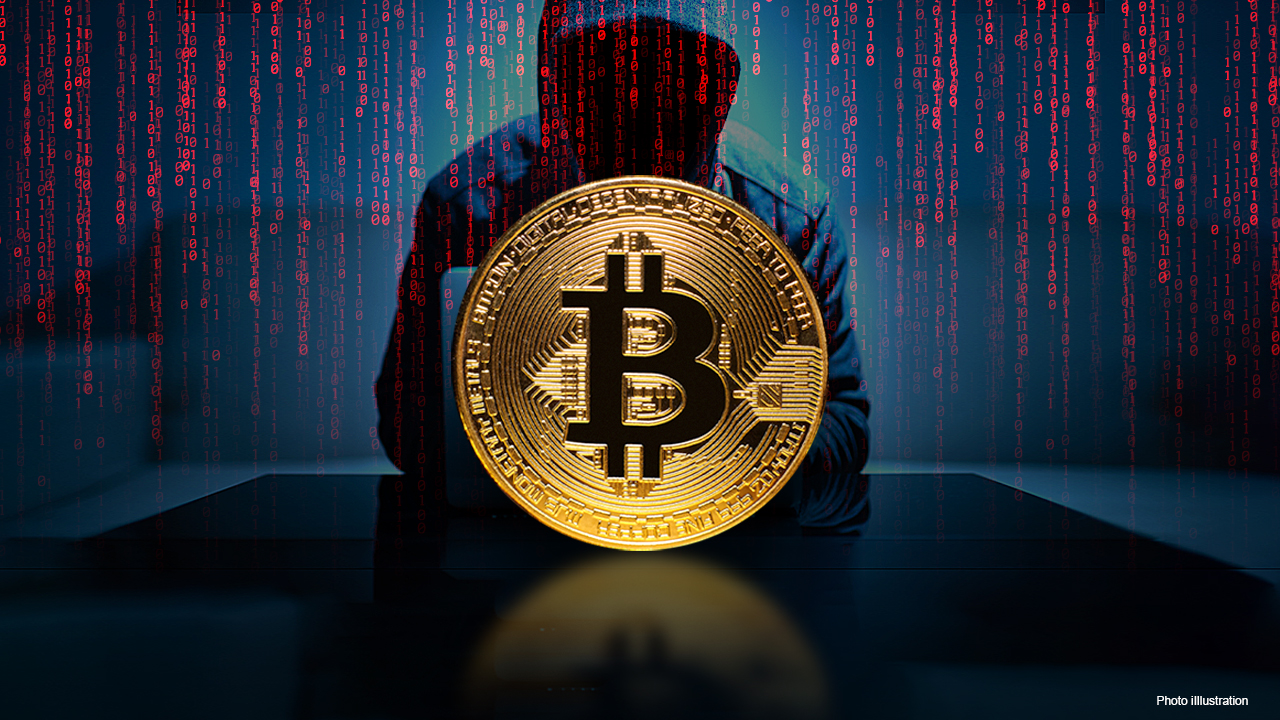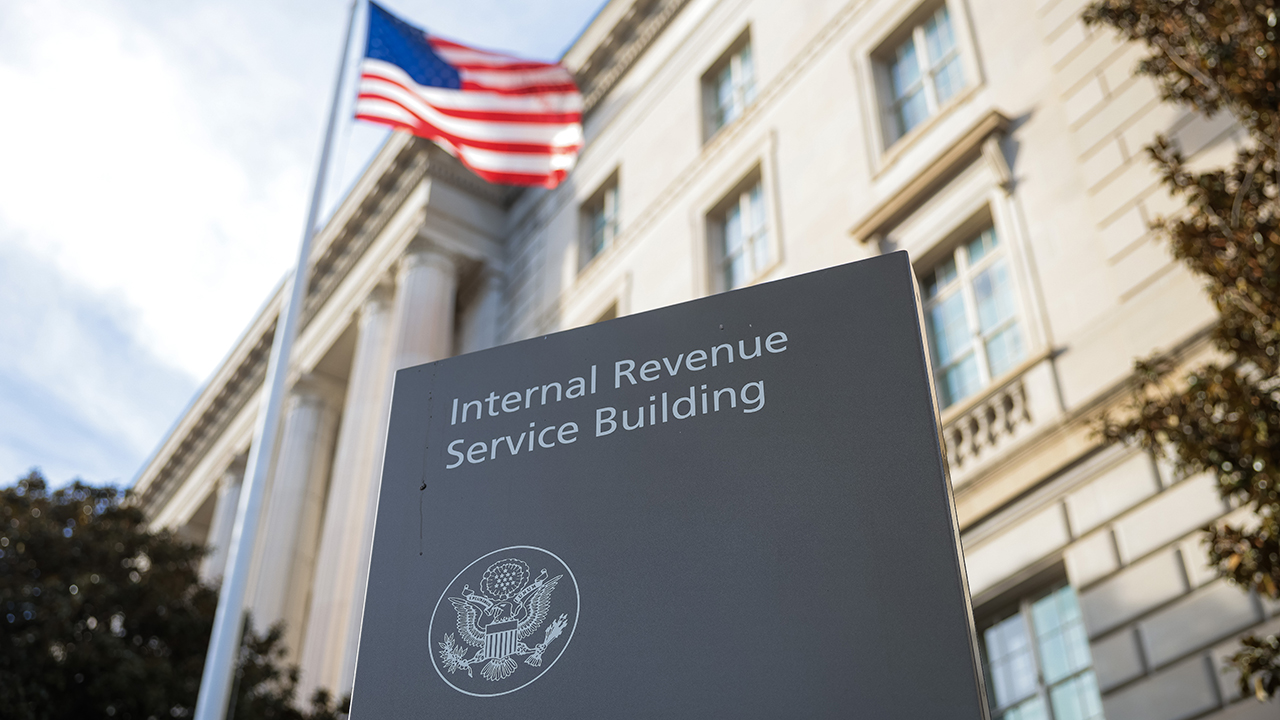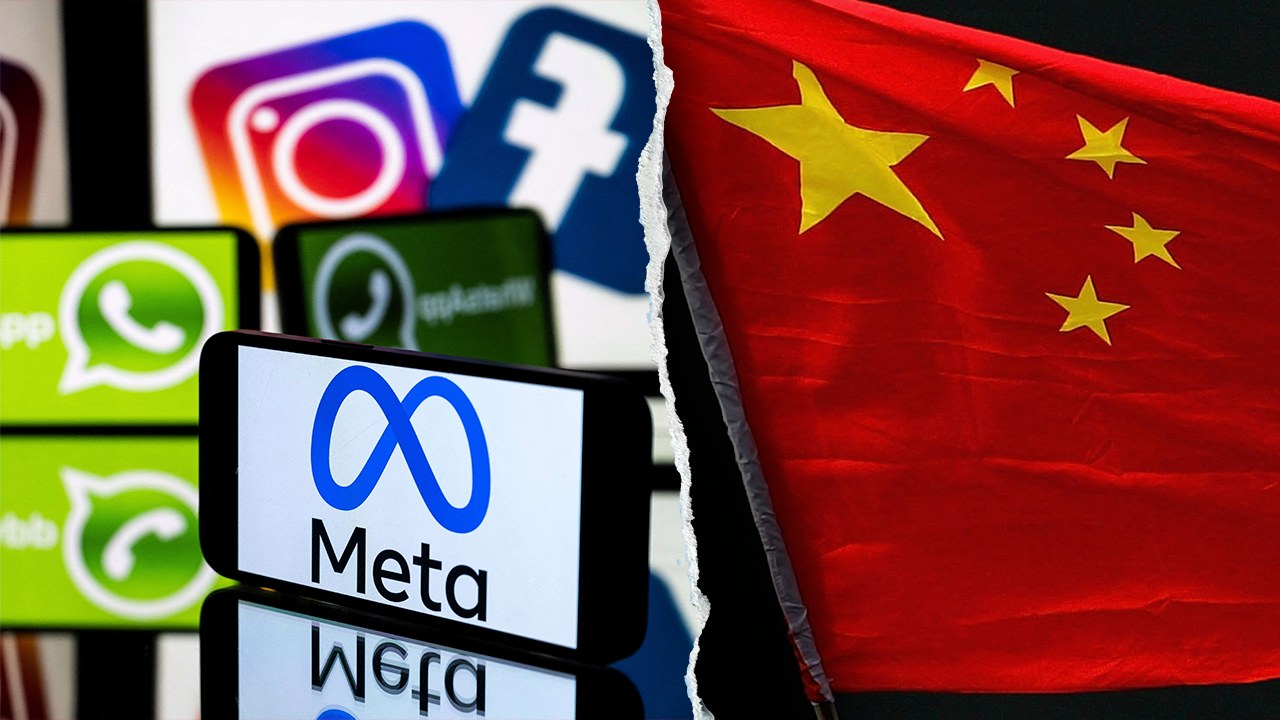Crypto execs increase personal security amid recent uptick in threats, kidnappings

Threats against high-profile names in the cryptocurrency world are rising as the value of industry holdings continues to grow.
Geno Roefaro, CEO of Florida-based SaferWatch, a security platform designed to enhance emergency response across public and private institutions, has observed a growing trend: organized crime groups are increasingly targeting individuals’ cryptocurrency holdings using "sophisticated methods."
Jethro Pijlman, managing director of Netherlands-based Infinite Risks International, a firm that provides physical security and intelligence services to cryptocurrency holders, told FOX Business that threats against crypto executives have noticeably increased globally since 2021.
Last week, a group of men tried to attack the daughter of French crypto firm Paymium CEO Pierre Noizat on the street in Paris in broad daylight. Earlier this year, the founder of French crypto company Ledger and his wife were kidnapped. In a separate incident, the father of the head of another crypto company was also kidnapped, according to Reuters. While all of them were rescued, it provoked a sense of fear and urgency among other high-net-worth individuals in the sector.
Additionally, there has been a "particularly high concentration in Asia," Pijlman said.
COINBASE ESTIMATES CYBERATTACK COULD COST CRYPTO EXCHANGE UP TO $400M
Coinbase revealed in a recent regulatory filing that it spent $6.2 million last year on personal security for CEO Brian Armstrong.
"This trend aligns with the cyclical nature of the crypto markets. Each cycle typically includes a euphoric phase marked by the rapid accumulation of wealth," Pijlman said, noting that "it is common for individuals to publicly display their newfound prosperity through luxury vehicles, high-end real estate, expensive watches, and other status symbols, often showcased on YouTube, Instagram, and other social media platforms."
Last fall, for instance, crypto entrepreneur Justin Sun purchased Maurizio Cattelan’s famed banana duct-taped to a wall artwork for $6.2 million. Not only was the purchase itself noteworthy, but Sun, who founded the Tron blockchain in 2017, was then filmed eating the viral fruit during a news conference in Hong Kong. To commemorate the moment, he also posted a tongue-in-cheek comment on X about the taste of the viral fruit.
"Unfortunately, this public exposure often occurs without adequate awareness of personal security risks," Pijlman said, adding that "many individuals unintentionally share sensitive information online." This includes travel itineraries, attendance at industry events or meetups, photos of luxury vehicles with visible license plates, identifiable backgrounds and real-time videos from upscale restaurants, clubs or private gatherings. Even posts or tags by friends can unintentionally reveal their location, according to Pijlman.
"This kind of content provides a treasure trove of intelligence for criminal organizations. It is not uncommon for such groups to monitor a target’s digital footprint for weeks or even months before executing a robbery or abduction. The level of detail available through open-source intelligence is often staggering," he added.
COINBASE SUES SEC, FDIC FOR INFORMATION RELATING TO CRYPTO REGULATION
Pijlman said his firm applies the same techniques used to locate individuals in threat assessments to proactively protect its clients. This includes real-time alerts when oversharing occurs and helping clients adjust their online behavior to reduce exposure. The firm's transportation services are delivered exclusively by security-trained drivers. In most major cities throughout Europe and the United States, the firm deploys executive protection agents, often with government or military backgrounds, who specialize in minimizing personal risk during client movements. It also offers residential security solutions, including armed protection.
Roefaro told FOX Business that the rapid rise in cryptocurrency wealth has added a new layer of complexity to executive protection.
"As digital fortunes grow, so does the risk of targeted attacks. The hiring of personal security by crypto high-rollers is not merely a trend but a strategic necessity," Roefaro said. "It's a clear indication that personal security must evolve in tandem with financial innovation."
Roefaro's company, which created a discrete device to help executives, other employees and their families get help without drawing any attention, also has a client in the cryptocurrency space.
GET FOX BUSINESS ON THE GO BY CLICKING HERE
These are the most attractive type of high-value targets for organized crime, according to Roefaro, as the asset they are stealing is already in the form of digital currency. It is also hard for victims to recover from the losses because they transfer them internationally, Roefaro said.
Sean Worthington, founder of CloudCoin, one of the first cloud-based digital currencies developed outside of blockchain, said that cryptocurrencies like bitcoin carry inherent risks of theft and loss due to their reliance on a single critical component known as the private key.
"This ‘golden egg’ represents a fundamental vulnerability, as there are no built-in safeguards to mitigate the risk it poses. Insiders – such as system administrators or software developers at cryptocurrency firms – can potentially siphon funds undetected, leaving businesses exposed to significant financial losses with little recourse or accountability," he said.
















































